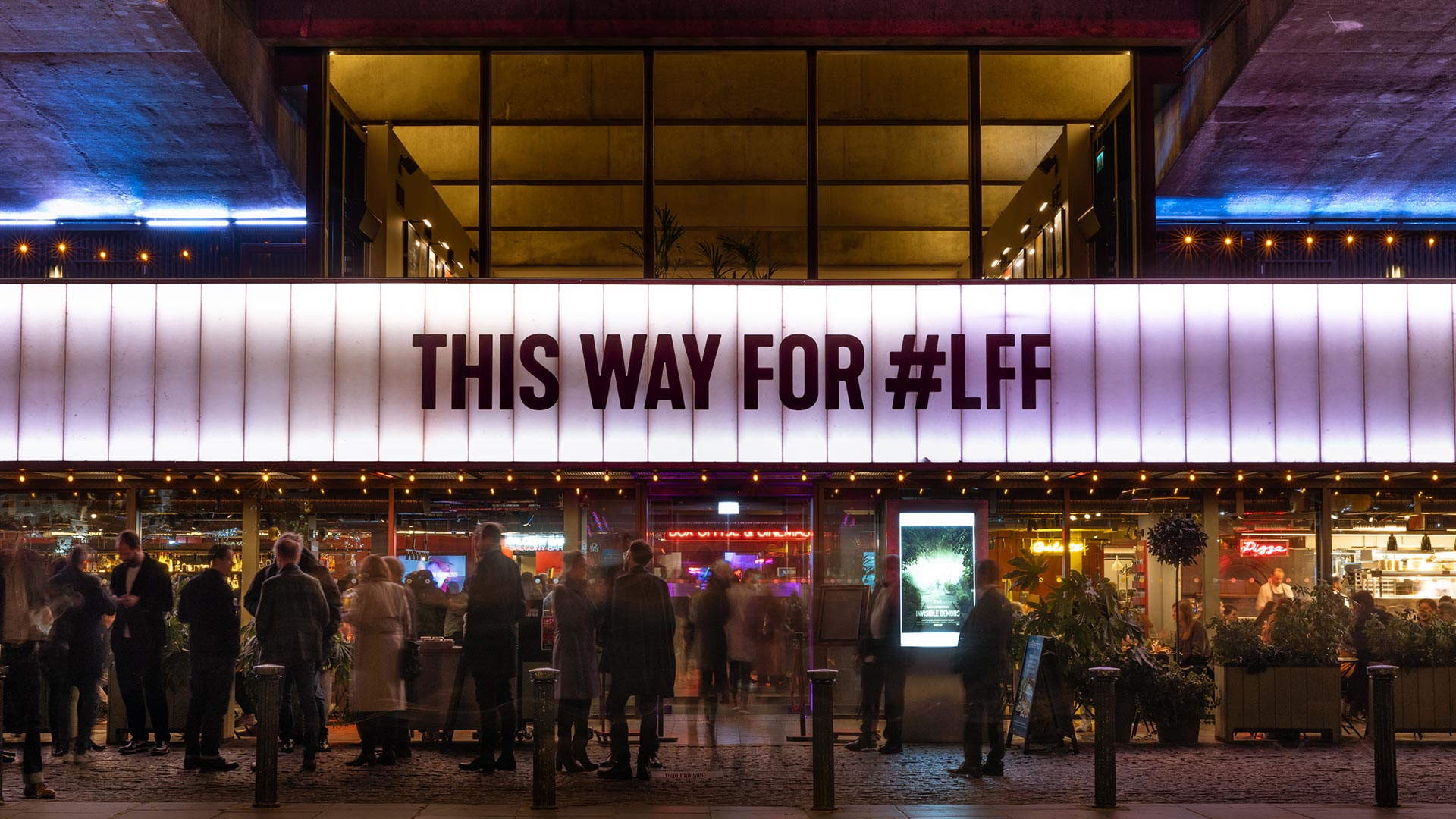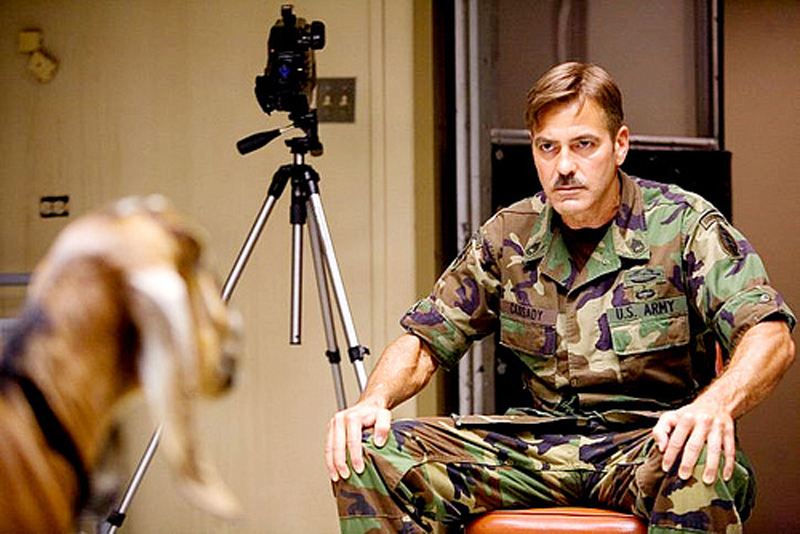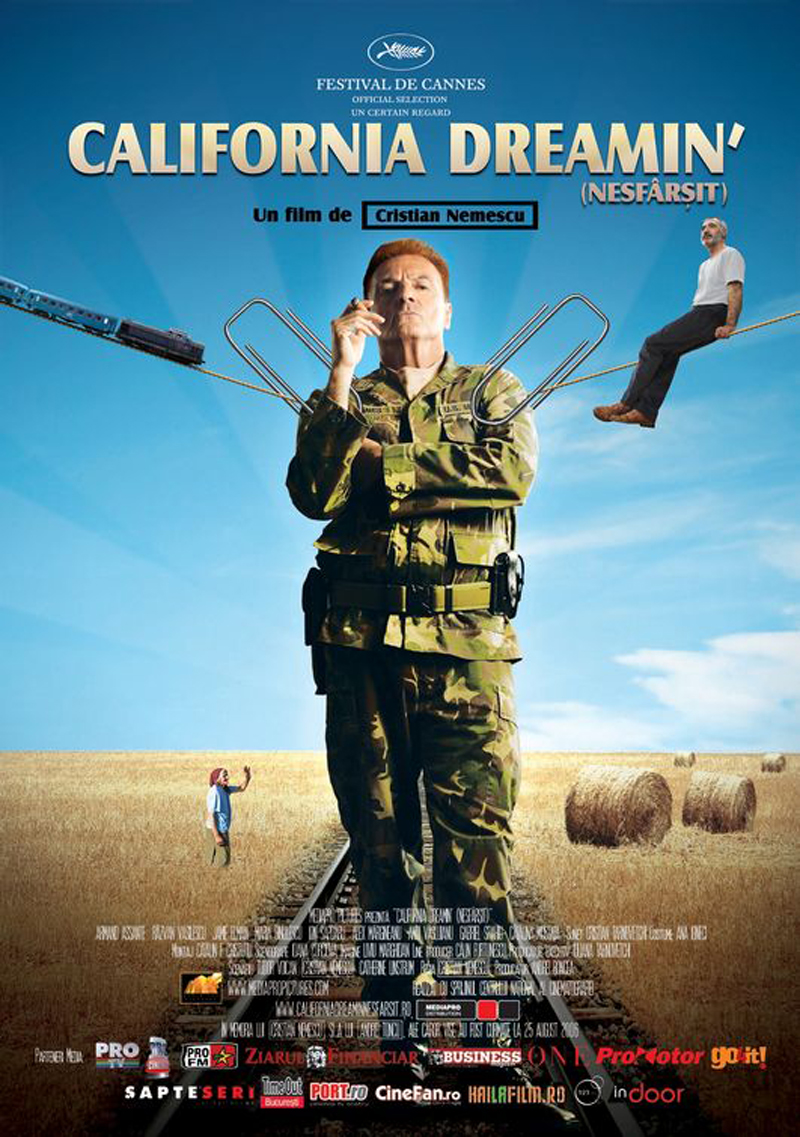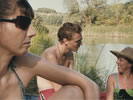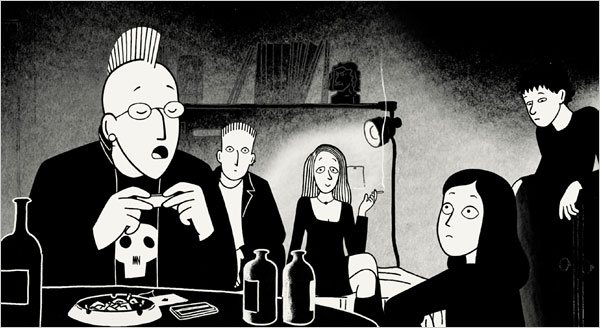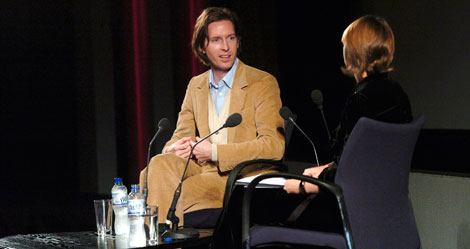Let me begin with your film, The Shadow of the Moon. The film deals with an important event not just in the American, but also world history. You managed to gather together the surviving crew of the Apollo missions and also showed previously unseen NASA footage. You are also a self-taught filmmaker…
All that means is that I didn’t go to film school. When we went to Sundance, I had to fill in this questionnaire ‘Where did you learn filmmaking?’ Well, I taught myself, I didn’t go to film school. That’s all that means. When I say self-taught, I mean I learnt it partly by making films, partly at the BBC. But I learnt it by doing it. I never had a lesson or a lecture from anybody in my life. To my mind it is no different to a writer that didn’t do a writing course. Most people who write have never been taught how to be a novelist. Personally, I don’t think you can teach somebody to be a filmmaker anymore than you can teach somebody to be a novelist.
Nowadays pretty much everybody can make a movie. Anybody can pick up a digital camera and be a filmmaker…
That’s right and that is indeed the way to learn. I have a production company [DOX Productions], so I am constantly getting people asking me whether I could offer them a job because they want to work in the industry and all this. They ask me how to get started. I would say just get started, there is nothing else. When I was an amateur filmmaker at the university, I started making films at Cambridge, I was able to get some grant from university to fund the stuff, but it cost a lot of money to make films those days because you really had to shoot on 16mm if you wanted to have anything. Video was in its infancy in a way, it was a clunky thing to edit and certainly it didn’t feel like a proper film. And the cameras were heavy and bulky, and expensive and difficult. I spent a lot of my own money making films but these days the cameras are relatively inexpensive and the editing is easier. Before it was so difficult to get hold of a Steenbeck to cut a film and it was quite tricky, there weren’t that many around. But nowadays you can have an editing package on your laptop. That’s the way to do it, if you want to be a filmmaker, be a filmmaker. How do I become a novelist? Well, the answer is ‘write a novel.’
Where did the idea for the film come from? Is it your personal interest?
In a funny sort of way the idea came partly from the astronauts themselves. David Scott, who is one of the astronauts living in London, who wanted to do a reunion of the people who worked on the moon, got to know my colleague Duncan Copp, who was the producer, and that’s really where the idea was born. I must say that I thought it was a very good idea from the first time that Duncan and I discussed it, I was very keen to do it, but it wasn’t my idea originally.
Are there any films that inspired you to be a filmmaker?
I think there are two films that are actually both relevant to this film. My first clear memory of the film that made a huge impact on me was 2001, which came out in 1968 during the Apollo programme. And my father, who was a scientist and he was very interested in that, I remember he took me to London to see the film, I was a small boy, far too young for film really. I don’t think I understood it but I certainly was completely captivated by seeing it on this huge screen, I think we probably saw it at Leicester Square or something like that. That make a big impression on me and then when I was just getting interested in film, at Cambridge, I went to see Koyaanisqatsi, the Godfrey Reggio film and that made a huge impression on me. It is a very unusual film, it has no words in it at all, so it is imagery and the Philip Glass musical score. And it was just pictures and music and that’s a very important element in The Shadow of the Moon. A lot of the time you are just looking at pictures and listening to the music and there are no words.
What would you say is the state of documentary in the contemporary cinema?
Well, I think it is so interesting. What I think is that, really, there is not nearly as much difference between drama and documentary, so called, fiction and non-fiction. I am not sure I very much like the term ‘documentary’. The term was defined by John Grierson as a ‘creative interpretation of reality’ and I think that you could actually apply that to fiction films as well, but perhaps to the created interpretation of reality, not the reality itself. So the only difference between fiction and non-fiction, to my mind, is that non-fiction is non-fiction, it is a true story, but the compensations, the attractions of film, immersion in another world, identification with the characters, suspense, humour, anticipation, all those things, there is absolutely no reason why that cannot be done in the context of a non-fiction film. My favourite review of The Shadow of the Moon (from The Baltimore Sun) said that this is non-fiction but it is constructed like a drama. It has all the catharsis, and ups and downs of a drama. And I think that one legitimate ambition of a non-fiction film is to have the same classic drama, Aristotelian pity and fear, identification with the characters and concern for what happens to them and all the rest of it. I think there is a sort of little sub-genre of non-fiction films, which are about immersing the audience in the experience. You can think of Chicago Ten, which is another film about the events of the 1960s, which also premiered at Sundance this year and the director, Brett Morgen said that he wanted to make a film which makes you feel like you were at the Chicago riots. So it is about immersing rather than about the communication of information. Now, it is a completely legitimate thing for a documentary to do, it is legitimate for a film to be designed to have a political impact and move people, but that is perhaps what people expect documentaries to do and I think it is slightly more unusual to have these films, which operate more like dramas and are about engaging you in the whole experience. But I think it is a very interesting thing and I think audiences greatly enjoyed my film because of that. What sort of role it has in a commercial cinema, I am not sure, it goes up and down. But I think these films are so diverse that it is impossible to generalise. If you look at the documentaries in this Festival’s programme, you can see that these films are incredibly diverse, much more diverse than the fiction films.
What are you planning to see at this year’s LFF?
I want to see Back to Normandy. I really loved Être et Avoir and again, that’s a little story about a man and a group of children. You could do that as fiction. As fiction it just would not be as powerful as it is as non-fiction. But the plot, it’s got the most marvellous plot. You have this disrupted child in the class and you think: ‘what a little monster’ and then of course it is revealed that his father is dying of cancer and you suddenly feel incredibly sympathetic towards him, it is marvellous! It is a fantastic thing, but it is a real thing that happens in life but it could be a drama. You could do this as a drama but this is what documentary can do at its best and better than drama, because it is the real people and it is really happening. I mean what is the highest praise that you can make for a drama? It is that it felt real, it had believable characters and plot. I mean in documentary you’ve already got that, the question is whether you can construct it in a way that is satisfying dramatically.
What do you think is the importance of public film festivals?
They are quite fun. I would say that the value of them, from the filmmaker’s point of view, is engagement with the very enthusiastic and knowledgeable audience and also a chance to meet other filmmakers, which is a great fun. There is a pleasant antidote to the business side of the business, which can be a bit fraught and on the whole, film festivals are the compensation for the very difficulties one goes to while making the film. And it is a great pleasure to bring your own films to festivals.
Kamila Kuc
PhD Candidate, Birkbeck College
LFF Web Editor


















